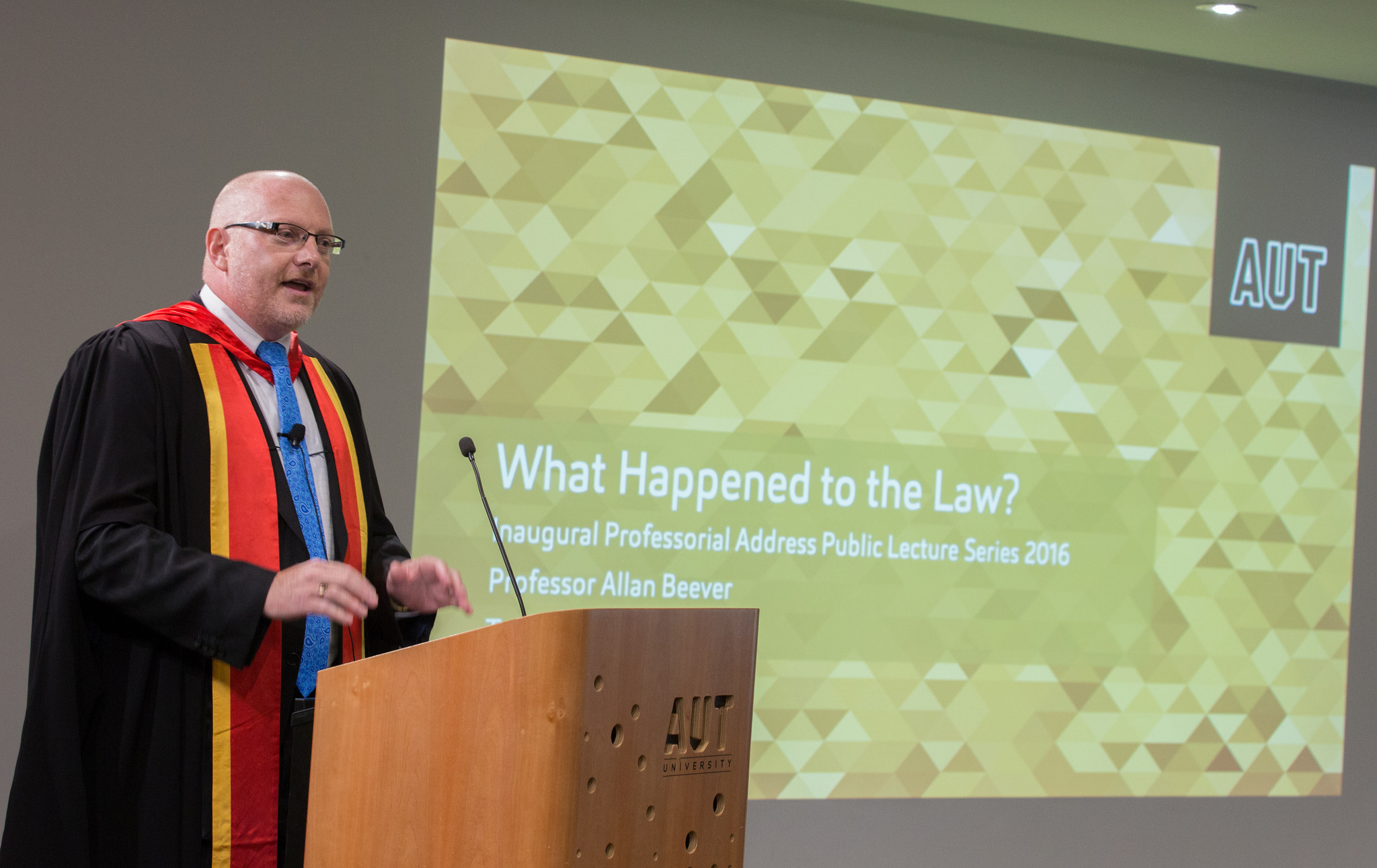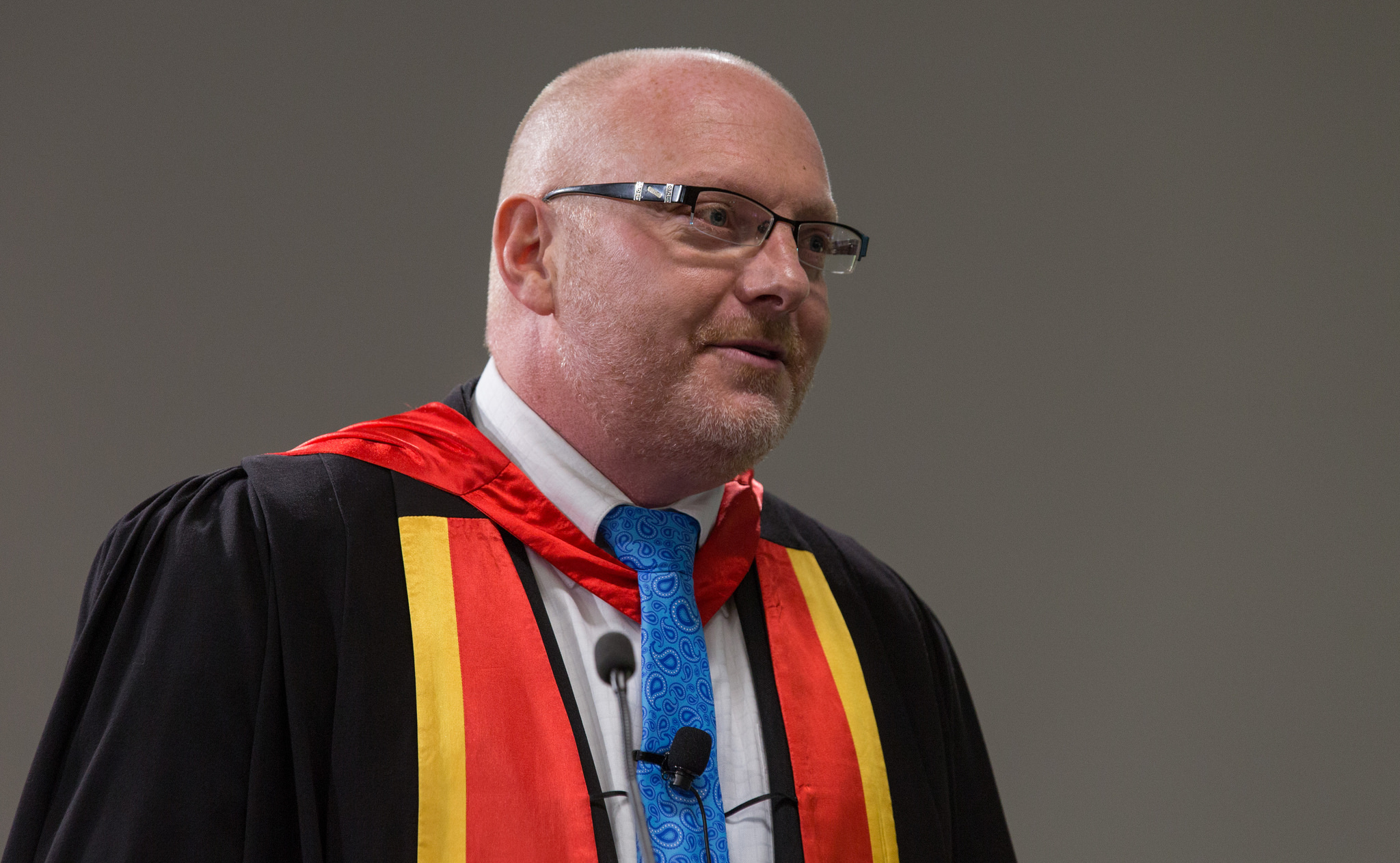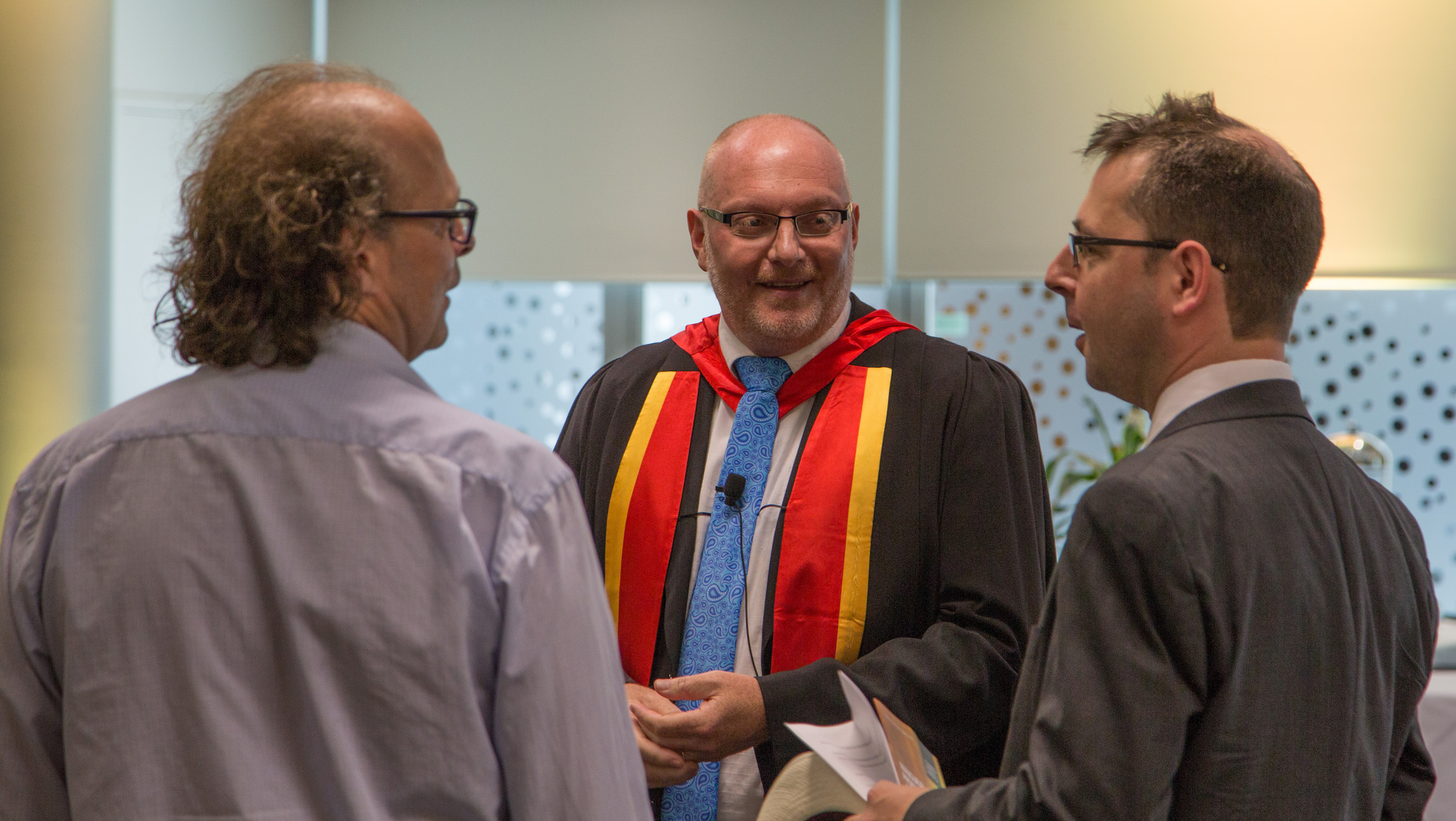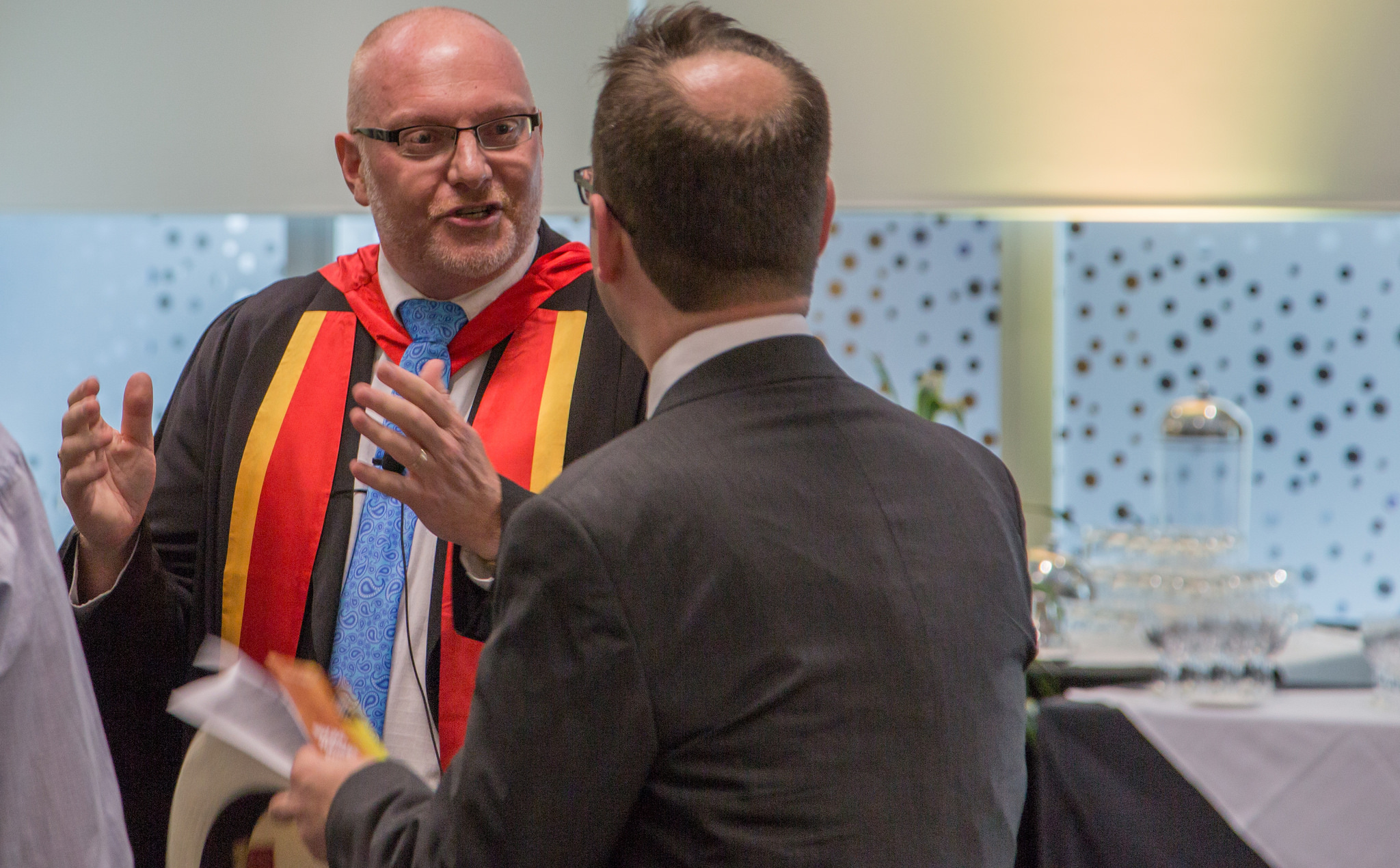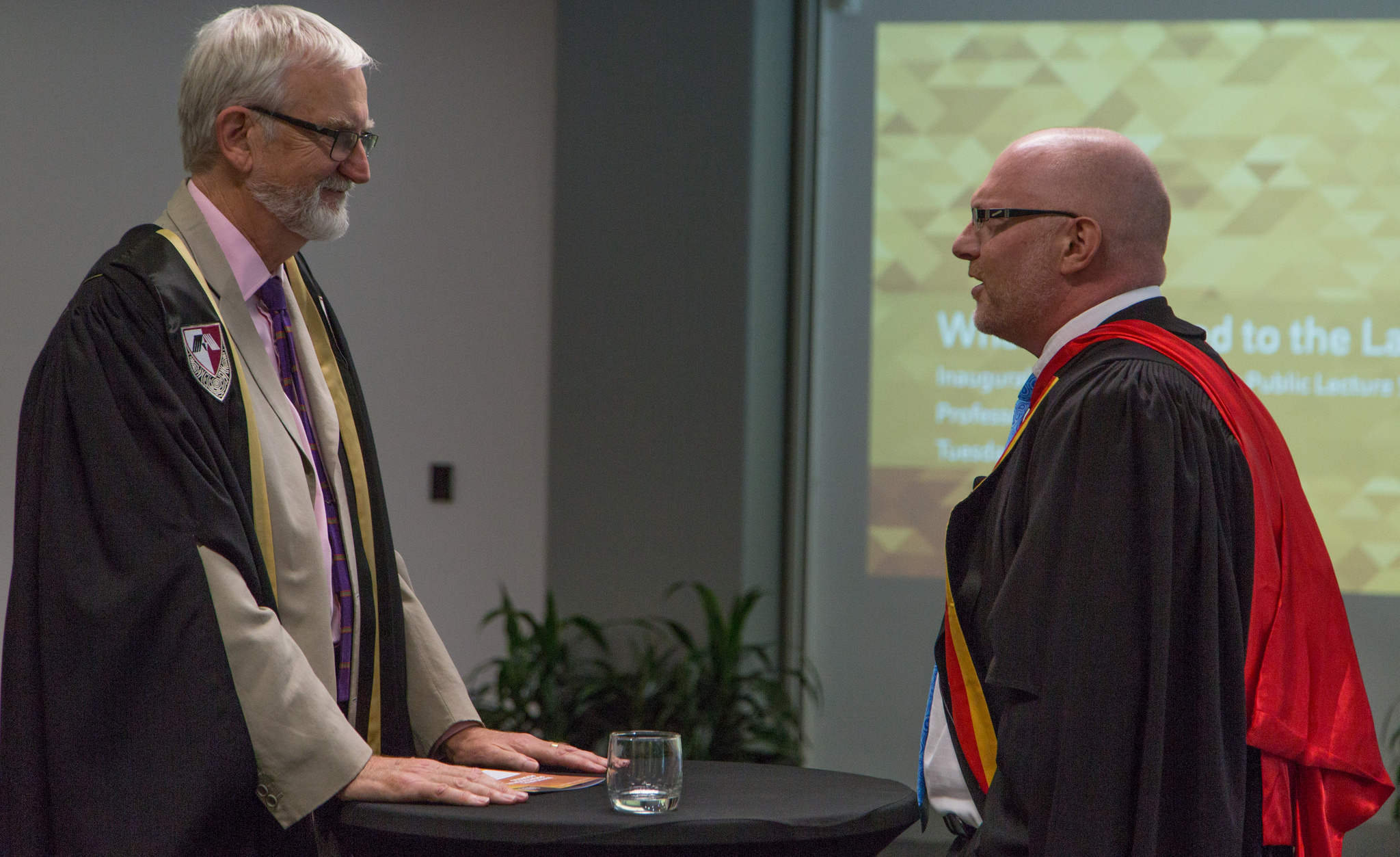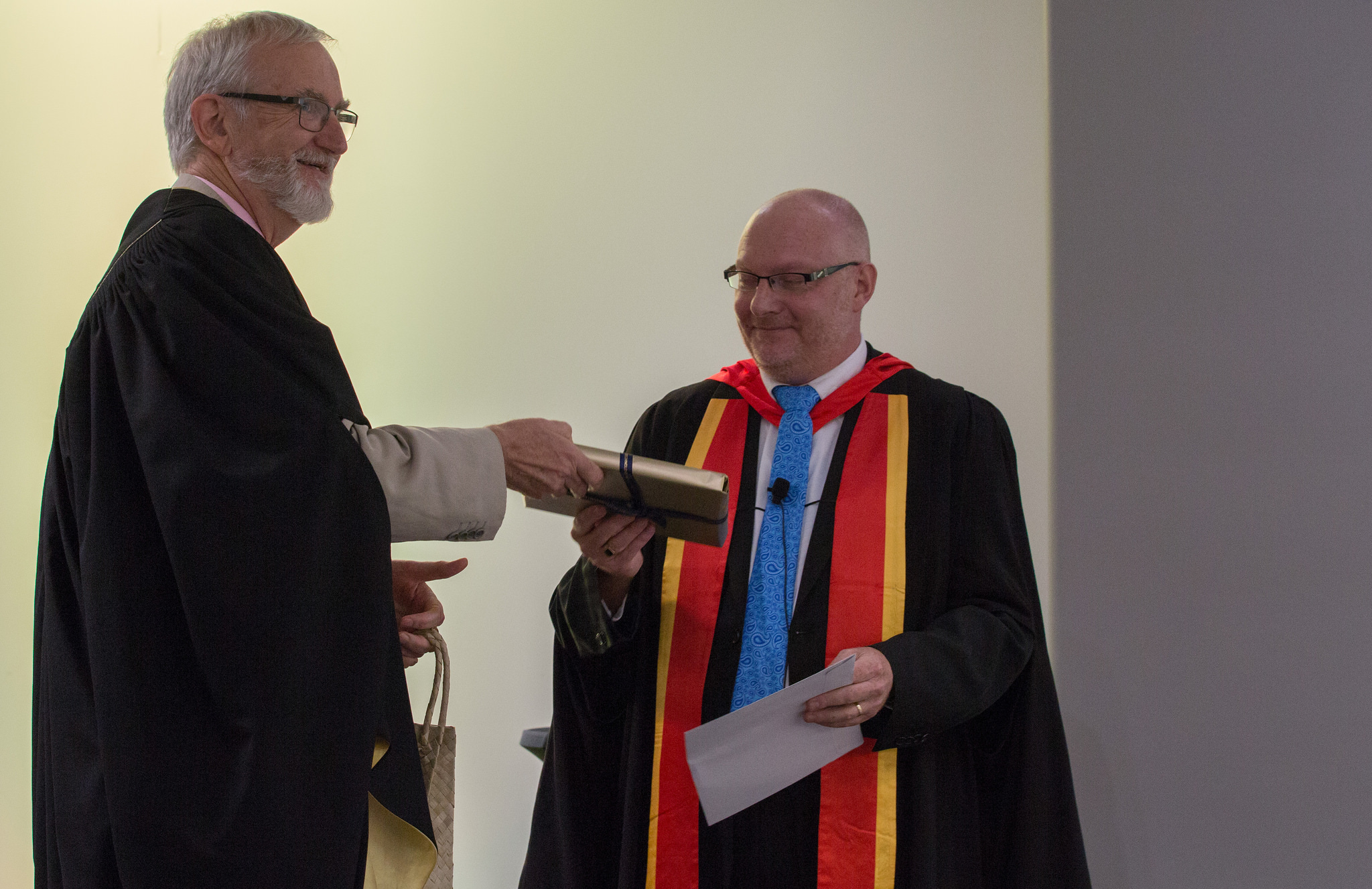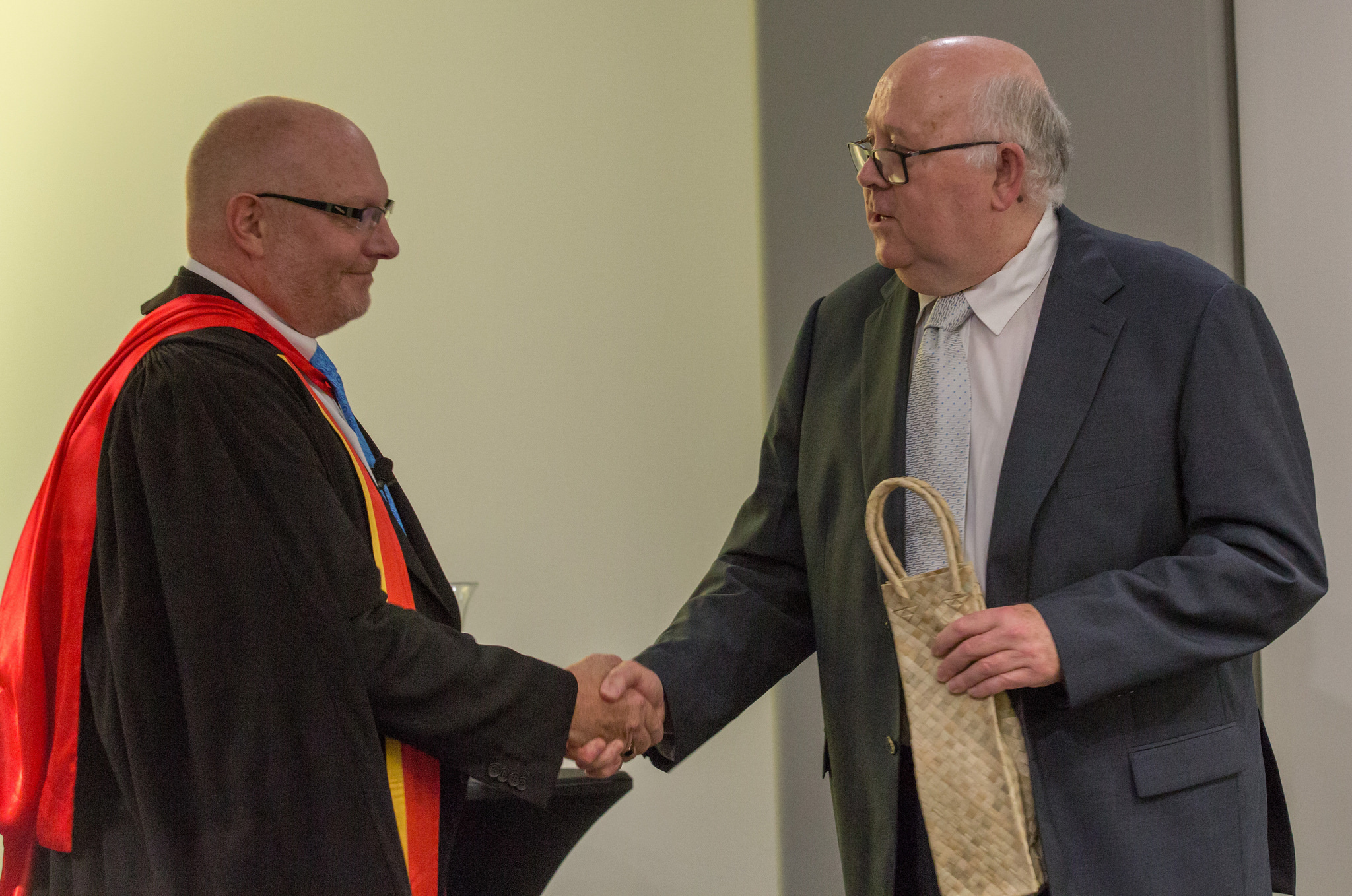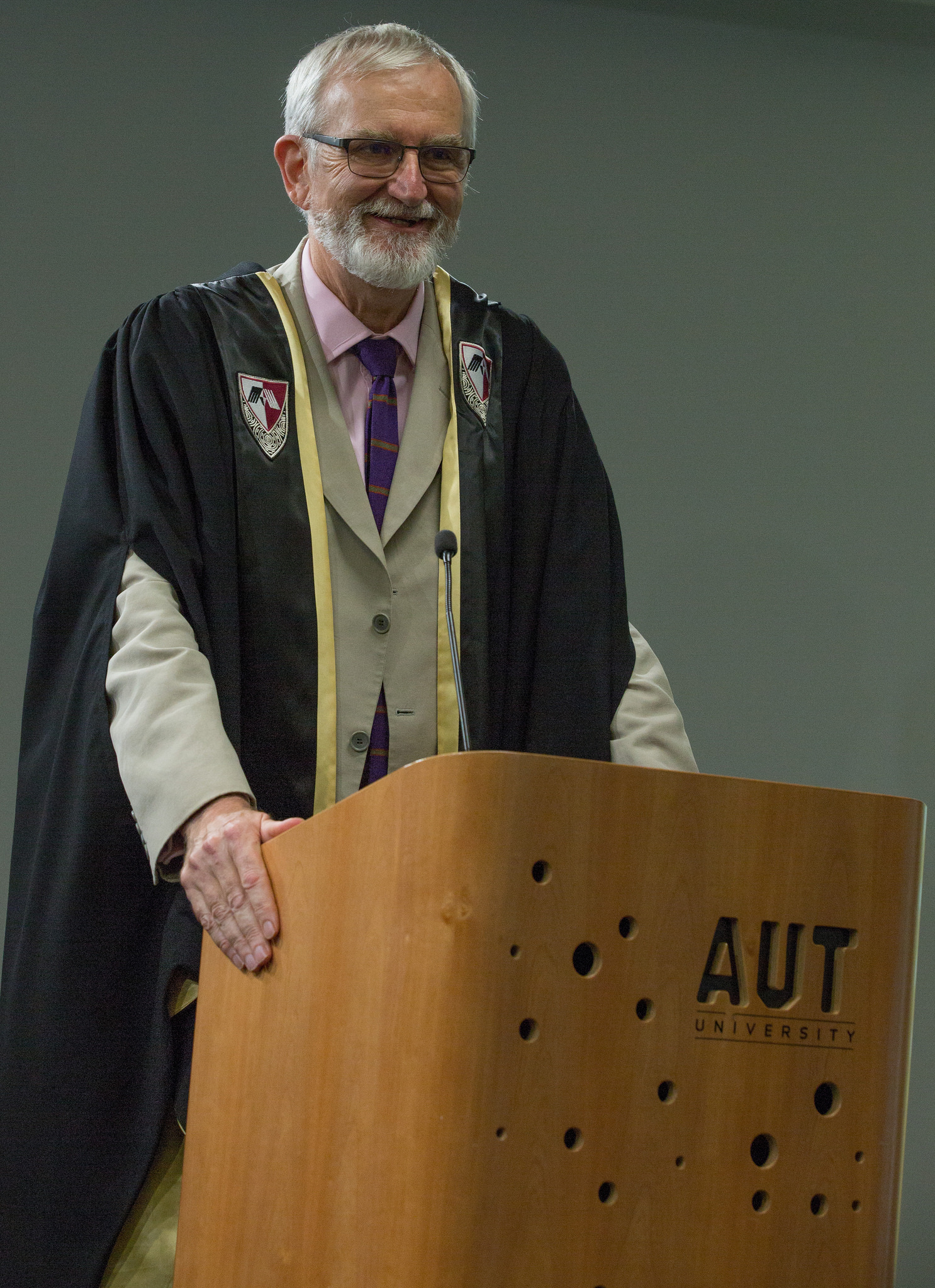Past Activities
William Domnarski 
Richard Posner and a Life in the Law
5:00pm-7:30pm, Thursday, 30th of March, 2017
Lecture from 5:30-6:30. Refreshments served from 5:00
WG404
Sir Paul Reeves Building
2 Governor Fitzroy Place
(See map below. The lecture will be signposted)
RSVP: privlaw@aut.ac.nz
Richard Posner is the most important figure in the law in the United States of the last hundred years, if not longer, with unrivaled influence as an academic, public intellectual, and judge on the U.S. Court of Appeals. Apart for being known for having written more articles, books, and judicial opinions than anyone else—he has been mostly known, rightly so, for his contributions to pragmatism and economic analysis of law, both on and off the bench. What becomes clear, though, when his life and career are considered from a broad view, is his career-long and comprehensive attempt to reform the way law is practiced, thought about, and written about. His has been an against-the-grain career intent on pointing us to what he considers to be a better way to approach the intellectual and practical aspects of the way law affects us all. His life in the law has been at the center of the argument about what makes sense in the law.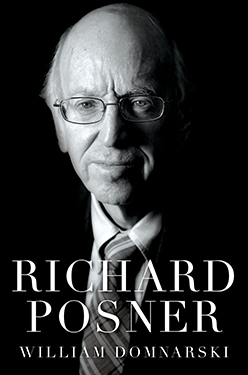
William Domnarski comes to us from the United States, where in his life in the law he has been a practitioner for more than thirty years, the author of five books on judges and lawyers, and an occasional university and law school teacher. He has a law degree from the University of Connecticut School of Law and a Ph.D. in English Literature from the University of California, Riverside. His biography of Richard Posner, published by Oxford University Press, was based in part on more than two hundred interviews with people who have known and worked with Posner over the years, going back to grade school, on interviews with Posner himself, and on Posner’s correspondence rich archive at the University of Chicago.
Professor Jason Neyers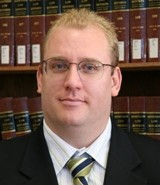
Professor of Law, Western University
Public Nuisance in the Twenty-First Century
5:00pm-7:30pm, Wednesday, 22nd of February 2017
Lecture from 5:30-6:30. Refreshments served from 5:00
WG608 Conference Room (please note the room change)
Sir Paul Reeves Building
2 Governor Fitzroy Place
(See map below. The lecture will be signposted)
RSVP: privlaw@aut.ac.nz
Abstract
The tort of public nuisance is infrequently taught and seldom litigated. This is unfortunate since, as Lord Denning pointed out in Morton v Wheeler, the tort ‘covers a multitude of sins’ ((CA, 31 January 1956)). According to its orthodox conceptualization, the tort can be used to recover damages for personal injuries, to protect private property interests, to enjoin those who invade public rights, and to recover pure economic loss—provided that claimants can prove that they suffered ‘special damage’. In its most traditional formulation, damage qualifies as ‘special’ if it is substantial, direct, and particular, but beyond this the concept has been clouded with uncertainty ‘for more than four centuries’ (see Walsh v Ervin, [1952] VLR 361 (SC)).
This lecture will seek to demonstrate three things. First, that the orthodox conceptualisation of the tort is flawed, since: (1) it is in violation of basic private law principles related to privity and the actionability of crimes and (2) if taken seriously would mandate that the tort be abolished (as torts protect private not public rights). Second, that public nuisance deserves its place in tort law textbooks because it is a coherent cause of action centred around the privately actionable rights to pass and repass on public highways and to fish in public waters. And third, that a tort reconceptualised in this way can make sense of: (1) the special damage rule that is generally thought arbitrary or impenetrable and (2) the general intuition that the recovery of damages for pure personal injuries and property damage is best left to other torts.
The lecture distills and develops arguments presented in: JW Neyers, “Reconceptualising the Tort of Public Nuisance” [2016] CLJ (forthcoming); JW Neyers & A Botterell, “Tate & Lyle, Pure Economic Loss and The Modern Tort of Public Nuisance” (2016) 53 Alberta L Rev 1031; JW Neyers & E Andrews, “Loss of Custom and Public Nuisance: The Authority of Ricket” (2016) LMCLQ 135-68; JW Neyers, “Divergence and Convergence in the Tort of Public Nuisance” in M Tilbury & A Robertson, eds, Divergences in Private Law (Oxford: Hart Publishing, 2015); and JW Neyers & J Diacur, “What (is) a Nuisance?” (2011) 90 Can Bar Rev 215.
Jason Neyers is a Professor of Law at Western University Canada. He has published in leading Commonwealth law journals (including the LQR, CLJ, UTLJ, McGill LJ, Legal Studies, Can Bar Rev, LMCLQ, SJLS, Torts LJ, King’s LJ, OUCLJ, Can Bus LJ, Alberta L Rev, CJLJ and Insurance LJ) and co-edited/authored nine books (see Understanding Unjust Enrichment (Hart, 2004), The Law of Restitution in Canada: Cases and Materials (Emond Montgomery, 2004), Cases and Materials on Contract, 3d, 4th, and 5th eds. (Emond Montgomery, 2005, 2010, 2015), Emerging Issues in Tort Law (Hart, 2007), Exploring Contract Law (Hart, 2009), The Law of Torts in Canada, 3d ed. (Carswell, 2010) and Tort Law: Challenging Orthodoxy (Hart, 2013)). His academic work has been cited by the Supreme Court of Canada, the Supreme Court of the United Kingdom, the Supreme Court of New Zealand, the High Court of Australia and several Commonwealth Courts of Appeal. He has also been an invited speaker at numerous international conferences and been a visiting scholar at Melbourne, Sydney and Harvard law schools. Professor Neyers is the moderator of the Obligations Discussion Group (ODG), which is an international mailing list devoted to all aspects of the law of obligations, and a founding member of Western University’s Tort Law Research Group. Prior to taking up his academic appointment at Western he was a clerk at the Court of Appeal for Ontario. In 2015, Professor Neyers was awarded the title of Faculty Scholar by Western University in recognition of his significant scholarly achievements in research.
Professor Sonja Meier
Professor of Private and Comparative Law, University of Freiburg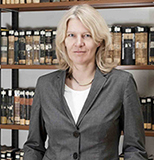
Unwinding Failed Contracts – New Developments in Europe
4:30pm-7:30pm, Thursday 10th November 2016
Lecture from 5:00-6:00. Refreshments served from 4:30
Fifth floor, WY building, 120 Mayoral Drive (in the Law School)
RSVP: privlaw@aut.ac.nz
Abstract
Two recent European reform projects are the revision of the French Code Civil and an academic draft of a revised Swiss Law of Obligations. Both drafts contain specific chapters on the unwinding of failed contracts. Underlying is the idea that the rules governing restitution for payments and other performances should be uniform, regardless of whether the contract is void, avoided or terminated for breach. A similar tendency can be found in recent European model rules. The lecture aims to evaluate whether uniform rules for the unwinding of failed contracts are a welcome development. Looking at this issue from a historical and comparative perspective, what are the fundamental differences between invalid contracts and contracts terminated for breach, and how do they influence the details of recovery?
Sonja Meier, born 1964, studied law in Regensburg, Germany (First State Examination 1990) and at University College London (LL.M. 1991). After her second State Examination 1994 she undertook a PhD in Regensburg under the supervision of Professor Reinhard Zimmermann dealing with the English law of restitution. Afterwards she worked as an assistant lecturer at the law faculty in Cambridge, UK (1998/99) and in Regensburg. From 2002 to 2009 she was a research fellow at the Max Planck Institute of Comparative and Private Law in Hamburg where she wrote her habilitation thesis on joint and several obligations. From 2009 to 2012 she was a professor of private law and European legal history at the University of Marburg. Since 2012 she has been a professor for private and comparative law at the University of Freiburg..
Professor Michael Bryan, Professor Emeritus, University of Melbourne Law School
When Can Equity Reform Bargains? Rethinking the Penalties Doctrine
5pm-7:30pm, 10th October 2016
Lecture from 5:30-6:30. Refreshments served from 5:00
Room WF710, 7th Floor of WF Building, Mayoral Drive (see map below)
RSVP: privlaw@aut.ac.nz
Abstract: The principles governing relief from penalties have recently been reviewed by both the United Kingdom Supreme Court (in El Makdessi) and the High Court of Australia (in the Andrews and Paciocco decisions). Both courts confirmed the existence of a jurisdiction to set aside penalty clauses while leaving considerable doubt as to when the jurisdiction will actually be exercised. The lecture argues that there are no good grounds for retaining the penalties doctrine - or indeed any equitable jurisdiction to reform the terms of a bargain.
Biography: Professor Michael Bryan was educated at Oxford University and received his PhD degree from University College, London. Before his appointment to the University of Melbourne in 1991 he taught law at Oriel College, Oxford, and at Queen Mary College, University of London. He is an editor of Ford & Lee, The Law of Trusts (Thomson). He has also co-authored (with Vicki Vann) Equity and Trusts in Australia (Cambridge 2012) and co-edited (with Elise Bant) Principles of Proprietary Remedies (Thomson 2013). Michael Bryan has also written extensively on equity, trusts and restitution in refereed journals, and given presentations at academic, judicial and other conferences and seminars.
Book Launch 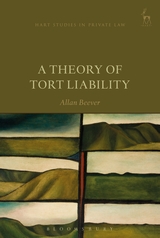
Professor Allan Beever
2016, 29th of July, 5:30 pm, Room WA224A, Conference Centre
This book provides a comprehensive theory of the rights upon which tort law is based and the liability that flows from violating those rights. Inspired by the account of private law contained in Immanuel Kant's Metaphysics of Morals, the book shows that Kant's theory elucidates a conception of interpersonal wrongdoing that illuminates the operation of tort law. The book then utilises this conception, applying it to the various areas of tort law, in order to develop an understanding of the particular areas in question and, just as importantly, their relationship to each other. It argues that there are three general kinds of liability found in the law of tort: liability for putting another or another's property to one's purposes directly, liability for doing something to a third party that puts another or another's property to one's purposes, and liability for pursuing purposes in a way that improperly interferes with the ability of another to pursue her legitimate purposes. It terms these forms liability for direct control, liability for indirect control and liability for injury respectively. The result is a coherent, philosophical understanding of the structure of tort liability as an entire system. In developing its position, the book considers the laws of Australia, Canada, England and Wales, New Zealand and the United States.
Inaugural Professorial Lecture Inaugural Professorial Lecture
Professor Charles Rickett
2016, 3rd of May, 4:30 pm, WA Conference Centre, AUT City Campus
The Contestability of Legal Education
A university law school finds the notion of legal education, which it sees as fundamental to its existence, to be very difficult to articulate. In large part this is because a law school is widely thought to sit in a position of tension between its role as a provider of graduates for the legal profession (given that a law degree is now for the most part a sine qua non for admission to practice) and its status as part of a university committed to research and the extension of knowledge and understanding. This position of tension has led to and continues to create a range of contests within law schools themselves about what should be taught, how it should be taught, and what the objective of that teaching should be. In his inaugural professorial address, Professor Charles Rickett will discuss this tension and argue that the role and status identified above must both be taken seriously if legal education is to avoid its own self-destruction.
This lecture can be viewed here: http://livestream.com/accounts/5183627
 Public Lecture
Public Lecture
Professor Mel Kenny
14 April Public Lecture The UK in the EU: the Whinge in the Willows?
Professor Mel KennyThe UK is currently debating its membership of the EU, prior to a referendum on 23 June 2016 which could result in a British Exit (‘Brexit’) from the EU. The debate is at times surreal: while those arguing ‘for’ the EU are far from enthusiastic about it, ‘Brexit’ campaigners suppress all reference to its most important proponents. Similarly, while advocates for continued membership argue, in fact, for a ‘special status’ in the EU, ‘Brexit’ campaigners seem confident that the lack of detail in their ‘Brexit’ plans will either go unnoticed or can be met with Imperial swagger. Meanwhile, though both sides agree that ‘Brussels’ must be ‘shaken out of its complacency’, work in Westminster has ground to a halt. It is in this context that the EU faces some existential challenges: the refugee crisis, the Eurozone crisis and Russian aggression. This presentation asks whether a ‘Brexit’ could have more positive effects for both the UK and the EU?
Professor Mel Kenny's work focuses on the ‘Europeanisation’ of Private law systems within and outside the EU and in particular in the intersection of Private Law, EU Law, Consumer Law and Commercial Law and reflects on these areas from both Comparative and Private International perspectives. In addition, Professor Kenny has a research focus in Competition law and policy and in particular the transformation of Competition in the wake of the Global Financial Crisis and the application of the competition regime to the State and Public Undertakings.
In recent years his publications have explored four highly charged legal topics: the ‘Europeanisation’ of national private law and the associated calls for consolidation and codification; the comparative assessment of the treatment of surety agreements across Europe; the general issue of ensuring consumer protection and the private international implications of proposals for a Common European Sales Law (CESL).
The UK in the EU: the Whinge in the Willows?
Inaugural lecture: Professor Mel Kenny, Chair of EU Law, University of Exeter
14 April at 5.30pm in WG308 Conference Room
Sir Paul Reeves Building
2 Governor Fitzroy Place
Auckland

Rod Thomas
2016, 26th February, 2 pm Law School, Rm WY509-14
Points of Tension: fraud and challenges under State Guarantee of titles regimes
The blunt nature of statutory based indefeasibility regimes are not by nature, sensitive the vulnerabilities of the particular parties before the court. Given this, courts sometimes stretch the various exceptions stated in the statute to accommodate difficult cases. Where this occurs, uncertainty arises as to both the nature and the breadth of the indefeasibility protection offered by the statute.
In this regard, the Land Registration Act 2002 and the various Australasian Torrens regimes include “fraud” as a stated exception to the indefeasibility protection given by the relevant legislation. The paper questions what the nature of this fraud exception is, and asks how it should operate in conjunction with “in personam” exceptions to the indefeasibility.
If some form of judicial discretion is necessary to soften the blunt nature of indefeasibility protection, it is argued this should instead come about through legislative change. In this regard, the New Zealand Law Commission has recently recommended the enactment of a concept of “manifest injustice” as an exception to indefeasibility.
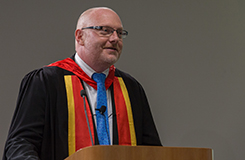 Inaugural Professorial Lecture
Inaugural Professorial Lecture
Allan Beever
2016, 8th March, 4:30 pm, WA Conference Centre, AUT City Campus
What Happened to the Law?
The nature of law has altered dramatically over the last hundred years. At the end of the nineteenth century, the great constitutional lawyer AV Dicey could confidently state that the primary purpose of the common law was to uphold the rights of citizens. This is far from the case today. Most law now serves different functions. In his inaugural professorial address, Professor Allan Beever will examine this change and the reasons for it. He suggests that the law now finds itself in a precarious position, increasingly unable to fulfil its primary function - a fact sensed by the public at large, although often invisible to lawyers themselves.
This lecture can be viewed here: http://livestream.com/accounts/5183627
Photos of this event can be viewed here.
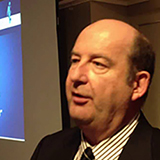 Research Seminar
Research Seminar
Bernard Robertson
2016, 26th February, 2 pm Law School, Rm WY509-14
‘Should criminal courts be concerned with the way evidence was obtained?’
The seminar reflected on the recent decisions in Wichman [2015] NZSC 198, Wilson [2015] NZSC 189 and Yousseff [2016] UKSC 3.
